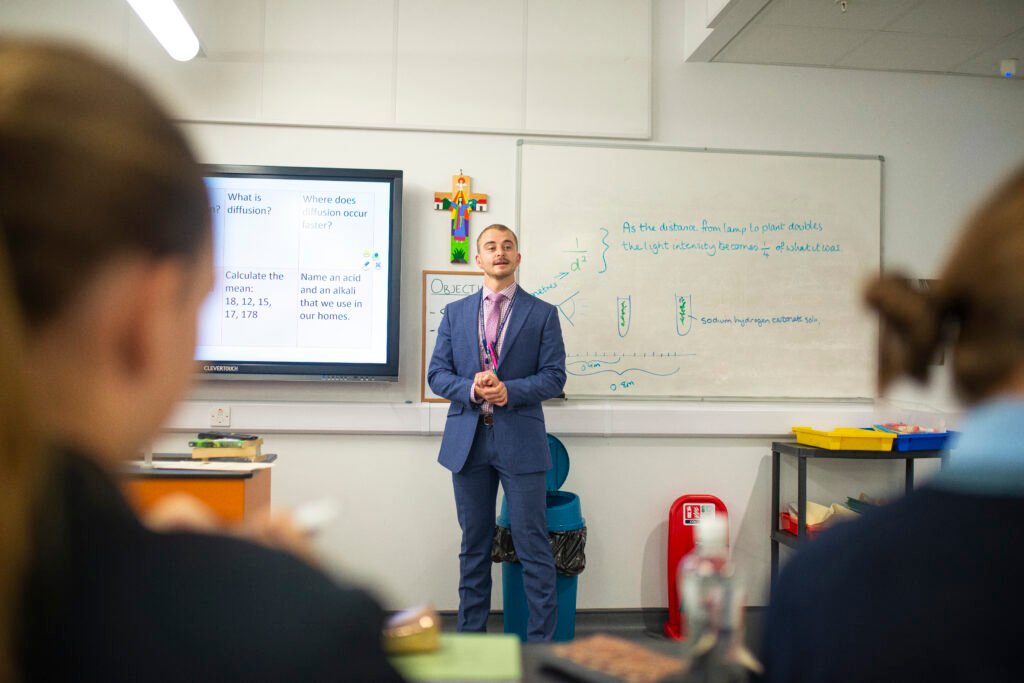
Why the Early Career Framework is So Important
I recently attended an online conference where a Japanese professor was speaking. He said many things that struck me, but one in particular was that 99.9% of Japanese teachers stay in the profession. His explanation? In Japan, a teacher’s professional development is such a central part of the job (and plenty of time is dedicated to this); teachers enjoy the professional challenge of teaching and gain great satisfaction from the growing competence they experience. They enjoy their job. In England this does not always seem to be the case. Over 20% of teachers leave the profession within the first two years of teaching and this rises to 33% in the first five years, according to the Teacher Retention and Recruitment Strategy. At Inspire Learning we are committed to changing this.
I’m not trying to pit us against other countries and ‘policy borrow’ as Robin Alexander puts it. However, I do think there is something for us to learn here. Teaching is a highly complex profession and has the potential to be highly rewarding if teachers are provided with enough time and support to develop and grow as professionals. We need continued professional development to become ingrained into the collective mindset of the education system, so that time for professional growth is a top priority (or maybe the top priority?) for schools. We believe that the new statutory requirements for Early Career Teachers are one step towards this.
As of September 2021, new teachers will now have a two-year induction period – not because they need longer to be ‘ready’ for teaching, but because this will provide them with more time to reflect and develop as professionals. I certainly wish I had longer when I started! Alongside the extended period for induction, there is also now the Early Career Framework which outlines some of the most important research and theory for new teachers to be aware of. We are really excited to help deliver this framework across the Wirral and Liverpool and we are currently busy developing a team of facilitators who will be working with new teachers next academic year.
If you take one thing away from reading this, I hope it is this: we should take the new changes for Early Career Teachers seriously, and in positive light. They might mean that greater time is needed considering timetabling and budget for schools, but it really is worth it. Let’s give our new teachers the time they deserve to reflect on practice, consider research, and grow as professionals.









